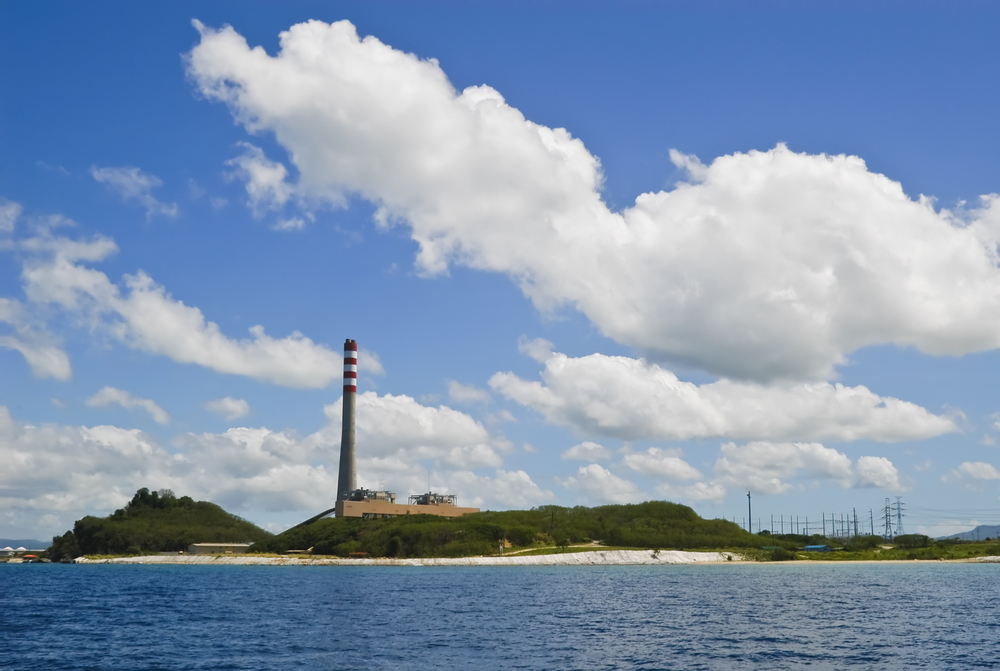

The Saudi government has set aside around $7 billion to spend on water sector-related projects this year, and this is expected to go up as more projects are in pipeline. Desalination and wastewater treatment projects specially , Kuwait Financial Centre (Markaz) said in its report on Saudi water sector.
The report noted that Saudi Ministry of Water and Electricity has already pointed out that around $133 billion will be invested in the water and electricity sector in the coming decade.
Yanbu phase 3 desalination project, which is currently in construction, is estimated to be worth $2 billion, another major desalination project is Ras Al-Khair desalination plant, which is worth $1.5 billion. Similarly billions of worth of wastewater treatment plants are in construction and in planning stage.
The Saudi government has also plans to produce almost 50 percent of country’s desalinated water using nuclear and renewable energy. Huge investments in this area are expected to happen in coming years.
Saudi Arabia prefers the private sector in operations and maintenance, the report noted. In July 2002, the Supreme Economic Council passed a resolution, setting out a framework for private sector involvement in developing Independent Water and Power Projects (IWPPs). Electricity and Co-generation regulatory authority encourages private sector investment in water sector. Water and Electricity company was created to work as an off-taker for desalinated water produced by privately operated desalination plants.
According to Markaz’s report, the average annual water consumption per capita is around 950 cubic meters liters in Saudi Arabia, compared with the global average consumption of about 500 cubic meters.
GCC countries, including Saudi Arabia, have been identified as the world’s most water-stressed countries, with very low amount of available water per capita. Groundwater level is continuously receding and the water extraction is exceeding the availability of natural renewable water resources.
Desalination is the main source of water in Saudi Arabia. Even though this requires high amounts of energy to convert seawater into drinking water, it is still the most viable solution for the country. Saudi Arabia operates 27 desalination plants and produces close to 3 million cubic meters of water per day. The Kingdom is the world’s largest desalinated water producer.
Some projects for wastewater treatment and recycling are planned. Because of very old network of water pipes, huge amount of water is lost due to leakages, the report added.
Gallagher Re has shed light on the significant challenges insurers face when providing coverage for…
The Australian government will disburse AUD 1.7 million (USD 1.1m/EUR 1m) in grant funding to…
GlobalData’s latest report, ‘Asia Pacific Renewable Energy Policy Handbook 2024’ is among the latest region-specific…
The electrical generation market is facing a number of challenges, including the need to increase…
Nuclear energy has emerged as a prominent player in Asia's energy landscape, offering a reliable…
The pursuit of a low-carbon future has gained significant momentum globally, and Asia stands tall…